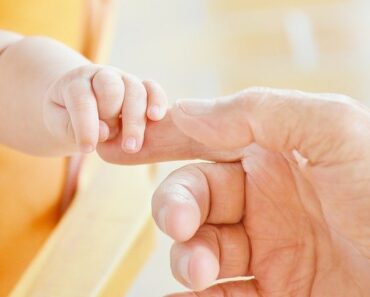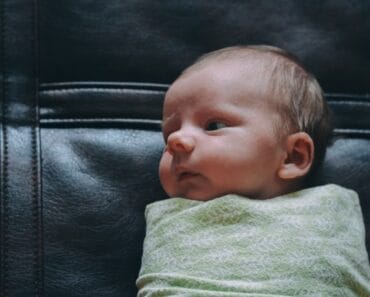While the sleep training methods available to you vary, there is one method that is universally applicable. Cry it out, or sleep-through-the-night, is an effective solution for many babies. It works by leaving the baby in the room and not returning until they are completely sleepy, but the parent stays in the room. The benefits of cry-it-out are well documented. But, what does it take to get a child to accept this technique?
There are several sleep training methods. The first method is self-soothing, which helps the baby soothe herself at night. It sends a clear message to the baby that sleep is important, and encourages the child to stay asleep all night long. Although this method has its critics, it has been found safe, and parents are advised to use their own judgment. But, this method isn’t recommended for all families.
There are other methods that are more effective in calming down a child. The chair method, for example, isn’t effective for all babies. In addition, bedtime fading, the chair method, and pick-up-put-down methods take longer to work, and some methods won’t work at all. To ensure that you get the best results, you must be consistent for at least two weeks. To start with, create a routine of 30-45 minutes before bedtime. This helps transition the baby from waking up to sleeping.
The cry-it-out method is a popular method that involves leaving the baby awake after a bedtime routine. You would return to the room to feed them and to let them fall asleep. This method is popular with many parents because it is less stressful and causes less worry for the parent. In addition, the cry-it-out method encourages healthy sleep hygiene, which will also help the baby develop self-confidence and independence.
The pick-up-and-put-down method is another popular baby sleep training method. The pick-up component involves the parent picking up the baby to put them back into the crib after the baby falls asleep. The put-down part is the same as the pick-up component. This method teaches your child to learn to fall asleep on their own by allowing them to cry and soothe themselves. While it may seem like a harsh technique, it can help your child develop healthy habits while teaching them to be independent.
As you can see, the best baby sleep training method depends on your family, temperament, and preferences. A baby who likes a quiet place will learn to be content when left alone. Changing the environment can also help your baby adjust to the new sleep routine. In fact, if you change the environment, your baby will become more adaptable to the new environment and will fall asleep sooner. But if you are not comfortable with a routine that doesn’t allow your child to get used to it, try a different one.
A good method of sleep training involves using the same techniques as the check and console method. The two methods can work together to get a baby to sleep. However, the best method for one family may not be the most effective for another. If your child is older than six months, you should consider other methods that are more suitable for your family. It’s possible that the older baby is more sensitive to checking, or will be awake and agitated.
The best method for your child will depend on your child’s personality. Some children have trouble falling asleep if their parents constantly check them. This could be the most difficult thing to deal with, but it is necessary to do so. There are various types of baby sleep training methods, so choose the one that suits your needs and your baby’s needs the best. You can find the right one to suit your child’s personality and your budget.
When choosing a sleep training method, it’s important to select one that will be easiest for both you and your baby. You should choose a method that is easy to use and that you’re comfortable with. It’s best to start with a technique that you’re comfortable with and that will make the process easier for both you and your baby. If you’re not sure which one will be right for your child, try a few different ones and see which one suits you and your baby best.






